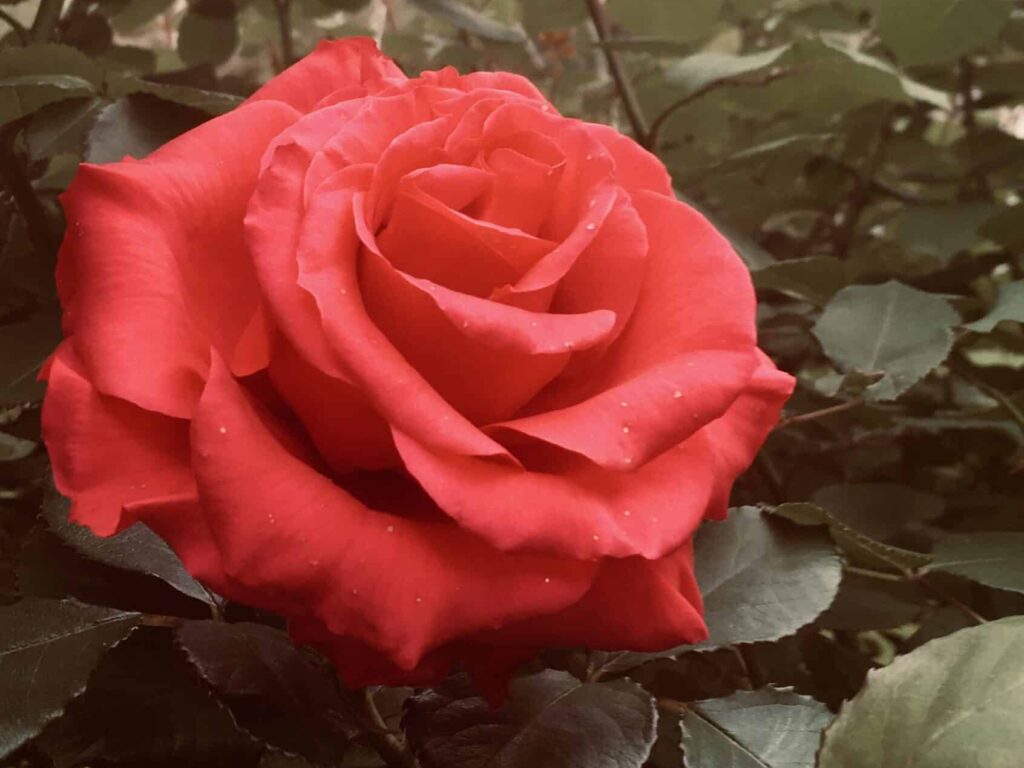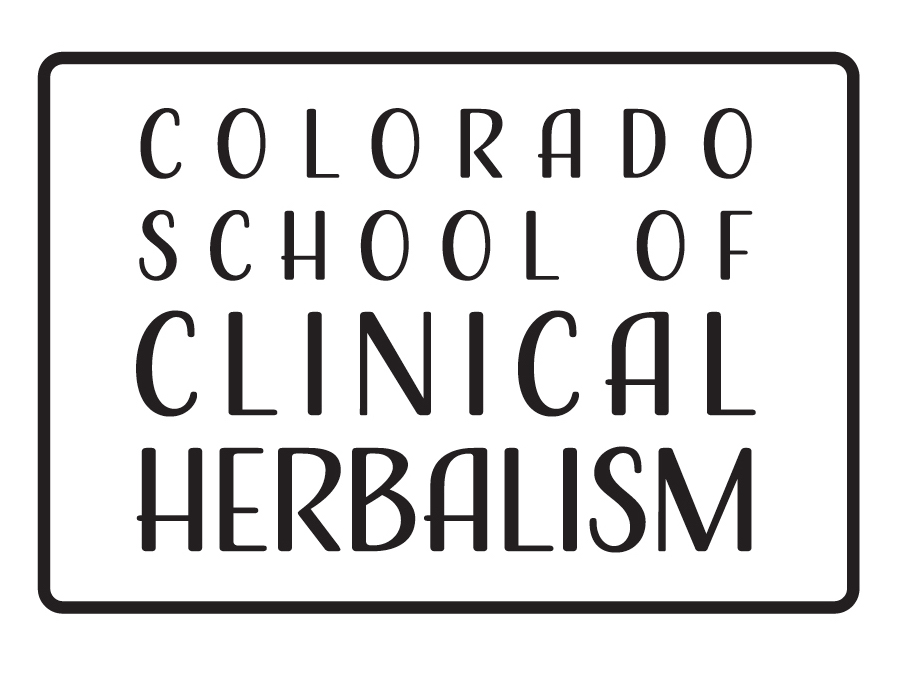
By Carly Pick
There is a common saying that most of us have heard at some point in our lives. They tell us “don’t forget to stop and smell the roses.” This is usually presented to us during times of sadness, overwhelm, and maybe a sense of negativity in the air in hopes that a moment of sweet relief will bring us through that difficult time, back to ourselves and to a sense of joy in the world around us. Not just a healthy reminder to bring some beauty into our here and now, the experience of roses can give us more than their heavenly vision and scent. By bringing the properties and symbolism of rose into our bodies and lives we are able to lift the veil of grief and sadness by gladdening our hearts when they are buried in a sea of unpleasant emotions.
Rose is a premier herb for profound grief. It is a spiritual heart protector and exhilarant. Studies suggest that rose tones the heart and has antihypertensive, anti-diabetic, anti-anxiety, hypnotic, anti-inflammatory, and nerve-calming actions. It is best used in tincture form for this purpose. This form of extraction draws the most constituents, therefore providing the highest potency. Using the petals for tea or the coveted essential oil in aromatherapy are both great ways to utilize this plant as well. Through its work on the body, inevitably there will be mood-boosting effects. These actions can have an effect on the physical heart and the arterial system. Leading way to the mind/body axis. Using Rose will give allowance within oneself for the acceptance of the grief they might be experiencing. Providing a path to move through the tough spot with a more balanced approach, Rose can open and clear stuck energy to create more circulation in the heart and heart space, which can be potentially centering for those who have lost their center during the depths of loss, anxiety, depression, or emotional shock or any type of grief that presents itself.
As a protector of the spiritual heart, the symbolism associated with Rose is obvious even in its most simple form, a rose with thorns. Thorns are the sharp point of setting a boundary. Don’t get too close or you might get pricked. The symbolism of Rose being a plant of protection and beauty goes deep into our human history. It has one of its roots in Greek mythology where the goddess of flowers, Chloris, recruited the Three Graces to help her create a special flower out of the lifeless body of a beautiful nymph. Chloris went to the goddess of love, Aphrodite, asking to give the new flower beauty. She approached Dionysus, the god of wine, asking to add nectar to instill the flower with a special perfume. Additionally, Zephyr, the god of the winds was asked to blow open the flower’s petals to the sun. This is how the rose was born into Greek mythology and was bestowed as the Queen of Flowers, the emblem of Venus, and the classic symbol of love. Legends of roses are found in many cultures throughout the world. Found in Greece, Italy, Turkey, and the rest of Europe. As well as a vibrant presence in Northern Persia, now Iran. Rose and its symbolism seem to permeate our planet’s cultures from every space that it flourishes.
The softness of Rose creates the ability for us to hold our own tenderness with a gentle hand. Helping us to realize our own compassion for ourselves and the world around us. With the help of its thorns, it gives us the protection we need to create boundaries for ourselves around the healing of our emotional heart. The dichotomy of Rose mirrors the duality that resides within each of us. This is a paradox of remaining open and malleable while feeling protected with strong boundaries. An important way to utilize rose medicine is during times of hardship. Rose can help soften the grief while maintaining healthy boundaries so we are able to heal with reverence. Our shattered hearts are being given the opportunity to melt back into place. With respect for our need to be both strong and compassionate in regard to our own emotional heart and healing, rose is physically, symbolically, and clinically valuable. So by all means, “stop and smell the roses.”
Sources:
Herbs for the Spiritual Heart, Paul Bergner
Energetics of Western Herbs, Peter Holmes
Body into Balance, Maria Groves
Flower Power, Anne McIntyre
Caelste Natura Course work, Sarah Corbett and Diana Rose
